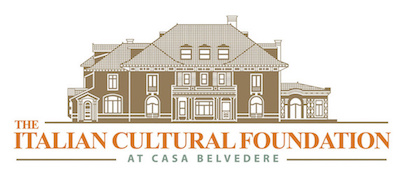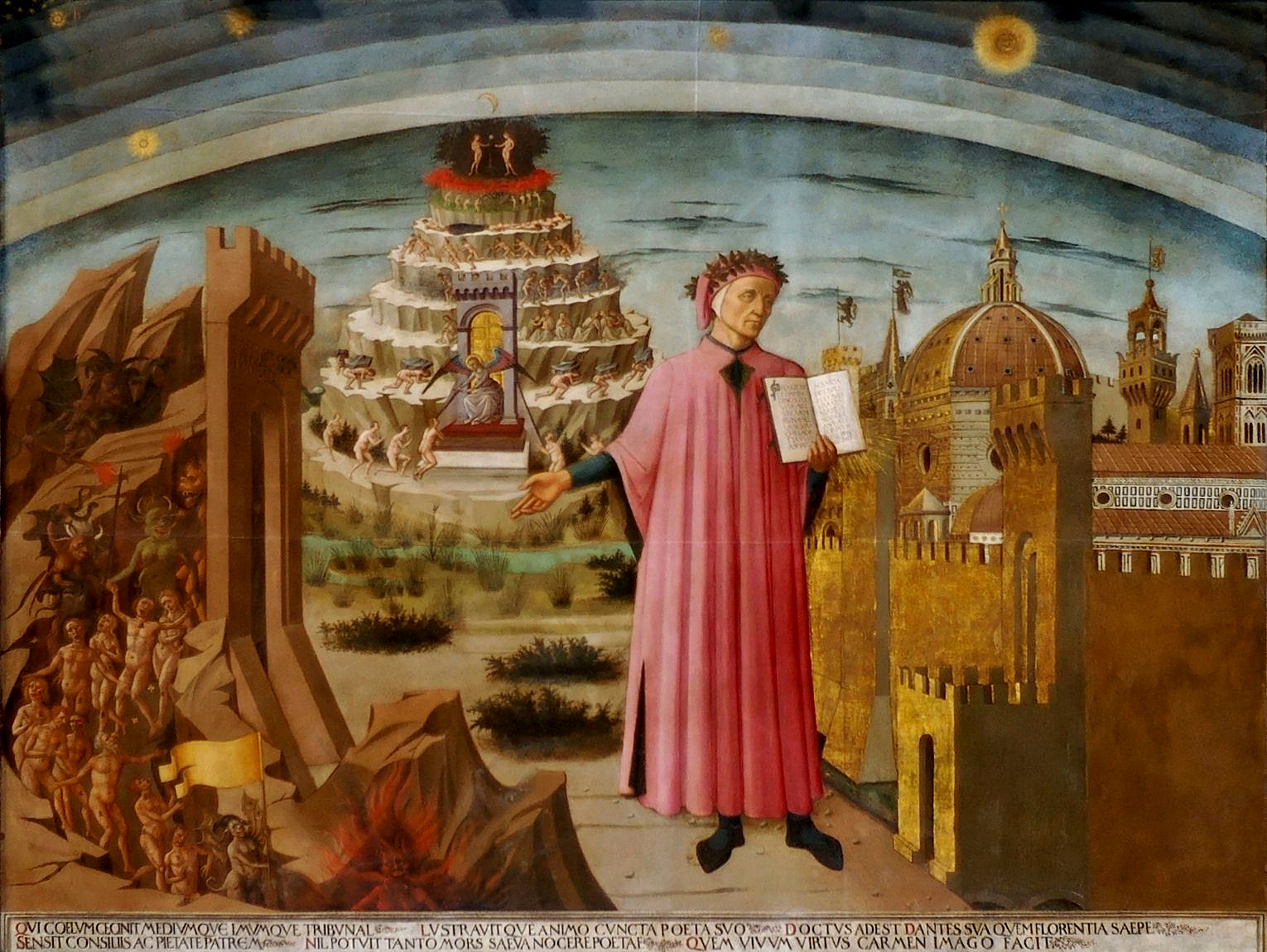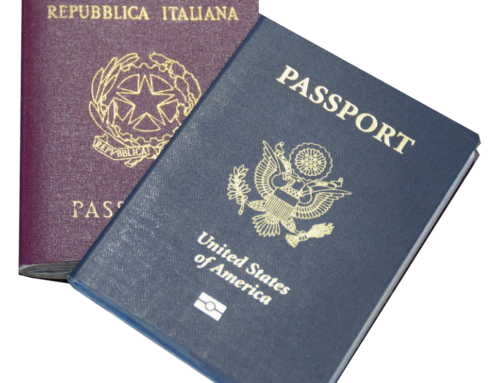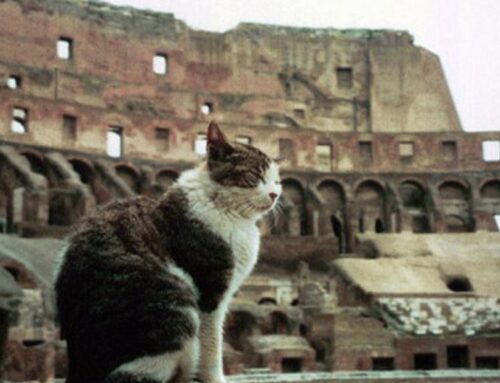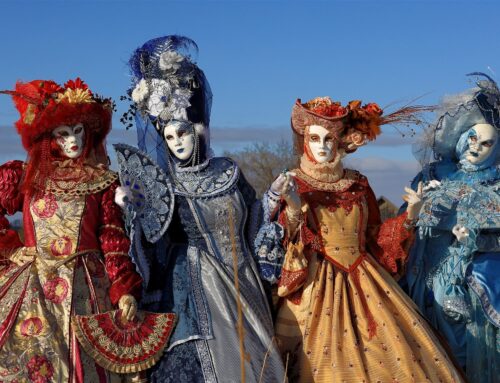Celebrating Dante, “Father of the Italian Language”
The Italian Cultural Foundation at Casa Belvedere proudly celebrates “Dantedi” annually on March 25, especially since the Foundation offers Italian language classes for adults and children. The adult immersion language program is designed to develop or reinforce communicative skills in Italian. The children’s classes focus on introducing Italian language to children with an interactive approach.
Established in 2020, Dantedì is the national day dedicated to Dante Alighieri. March 25 was specifically chosen as the annual date because it is recognized by scholars as the day the poet started his journey in the afterlife in the Divine Comedy.
But … who is Dante?
Dante is considered the “Father of the Italian Language.” Born and raised in Florence, Dante’s works were not written in Latin, which was used by well-educated citizens at the time, but rather in the Italian dialect of Florence or “vernacular.” Dante set a precedent by using the local dialect, which ultimately became the standard for Italy’s national language, uniting the country’s diverse regions and dialects. Other Italian writers followed Dante’s lead, including Boccaccio, Petrarca, and Tasso.
Italy is justifiably proud of Dante, often referred to as Il Sommo Poeta – the “Supreme Poet.” Dante is also noted for being a literary theorist, political thinker, and moral philosopher. This year, Italy will celebrate the second annual Dantedi on March 25, marking the 700th anniversary of the poet’s death in 1321.
To commemorate Dantedi, here are some more facts about one of Italy’s most famous citizens.
- The Divine Comedy is about the afterlife. The long narrative poem is Dante’s imaginative vision of being escorted by three muses through Inferno (Hell), Purgatorio, and Paradiso. Virgil represents human reason. Saint Bernard represents contemplative mysticism. The muse Beatrice – modeled after a woman Dante long admired from afar – represents divine revelation, faith and grace.
- Dante was exiled from his birthplace. Dante Alighieri was born in Florence in 1265 and was likely baptized as Durante di Alighiero degli Alighieri. In later years, because of his political beliefs, Dante was called treasonous and exiled from Florence. More than 700 years later in 2008, Florence officially forgave Dante. It was too late, because Dante was already buried in Ravenna. A tomb was built in Florence for Dante, but Ravenna officials refused to release the remains. The tomb in Florence remains empty.
- The first Dantedi had a somber debut. In 2020, the Italian government declared March 25 as Dantedi. The new holiday was anticipating the 700th anniversary of the poet’s death in 1321, but the first official holiday took place during the early dark days of the Covid-19 pandemic in 2020, when Italians had to remain inside. They were encouraged to celebrate Dante’s new holiday by reading excerpts of the Divine Comedy from their balconies or open windows.
Want to learn more about Dante’s Inferno? Click here for a special video presentation on this subject.
The Italian Cultural Foundation at Casa Belvedere is a not-for-profit organization that celebrates everything Italian by sharing stories such as this, and offering exceptional public programs: Language and cooking classes; art and photo exhibits; film festivals; opera luncheons and casino nights; Italian car shows and fashion shows; live concerts and theatrical performances; guest chef experiences and wine tastings; bocce and bingo (tombola); and much more. Casa Belvedere (house with a beautiful view) has established itself as a vibrant and buzzing cultural center in New York City. For more information, visit casa-belvedere.org.
